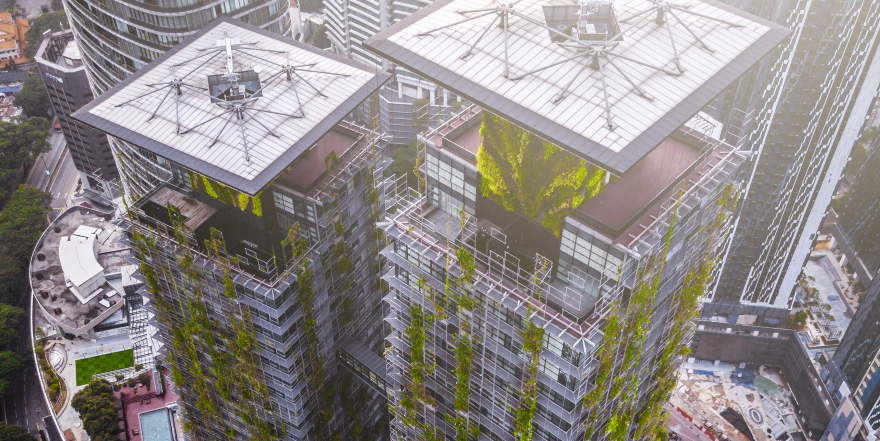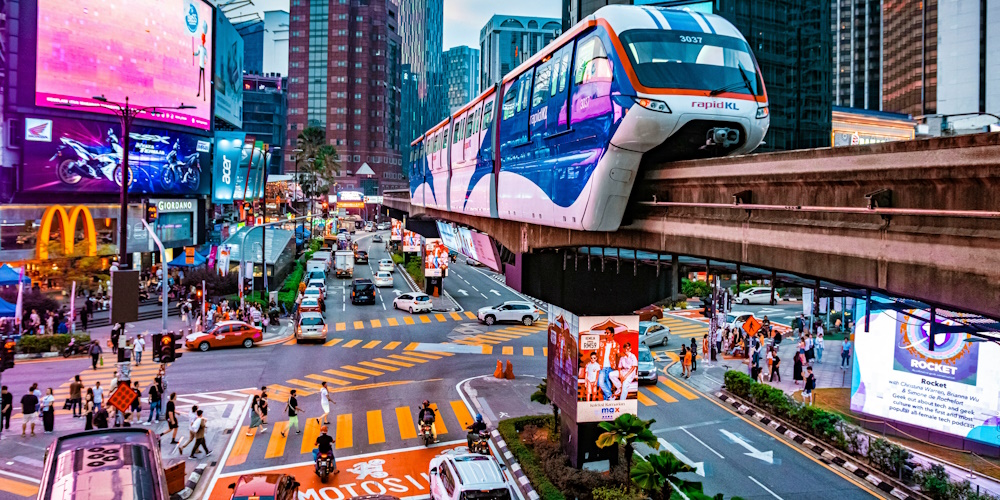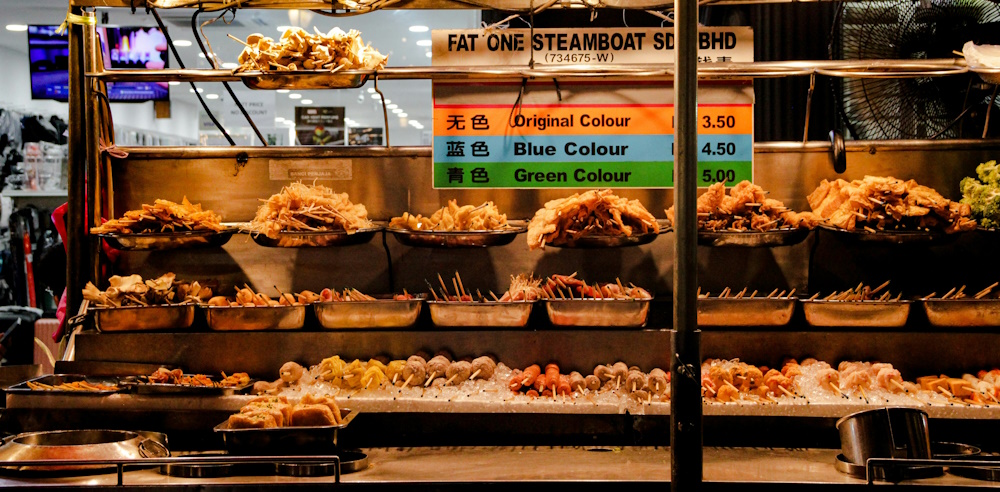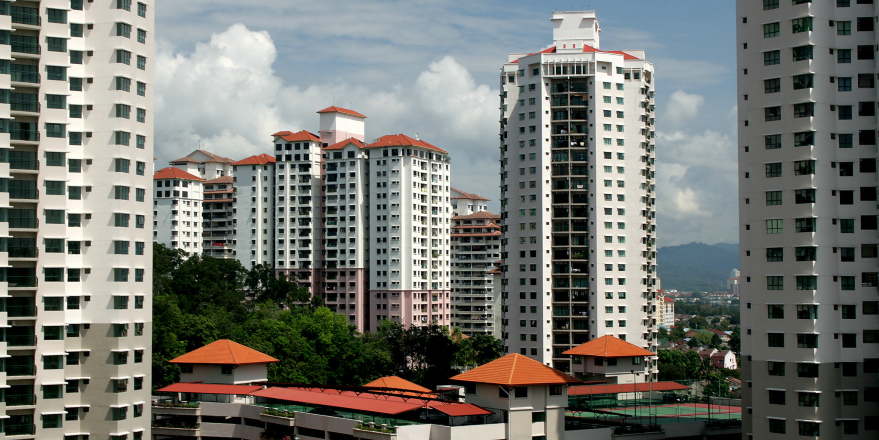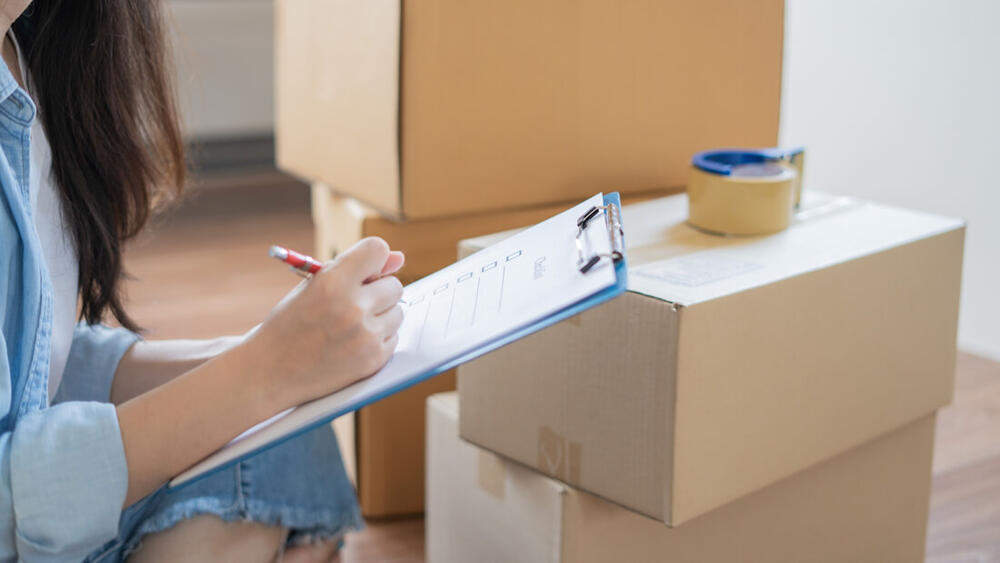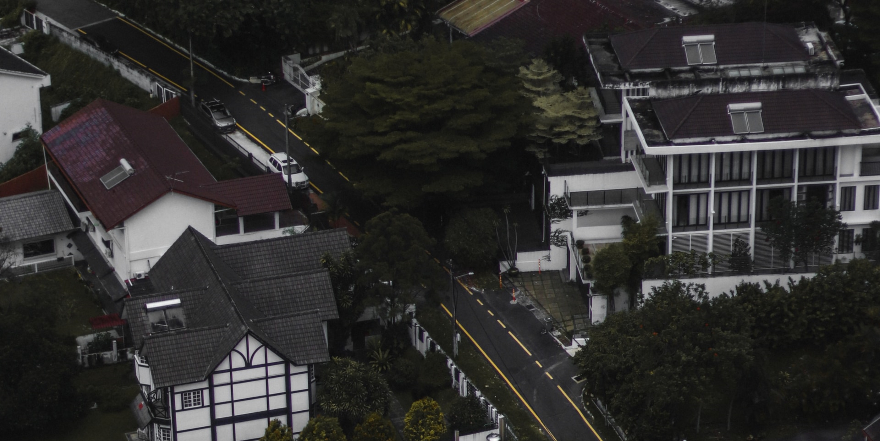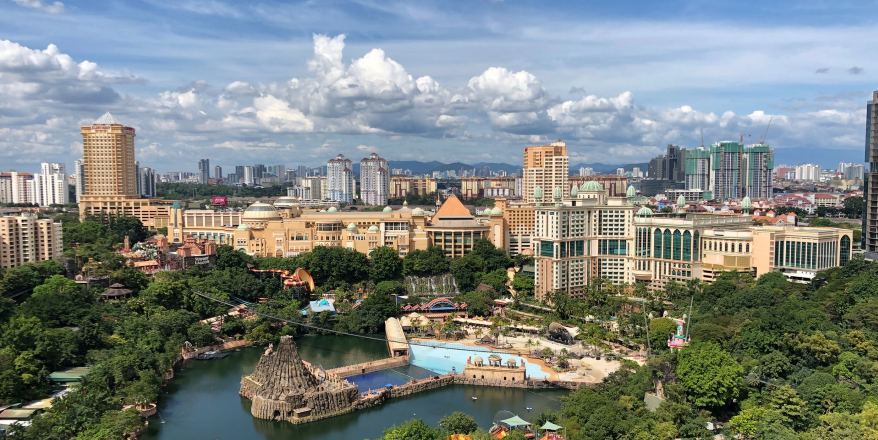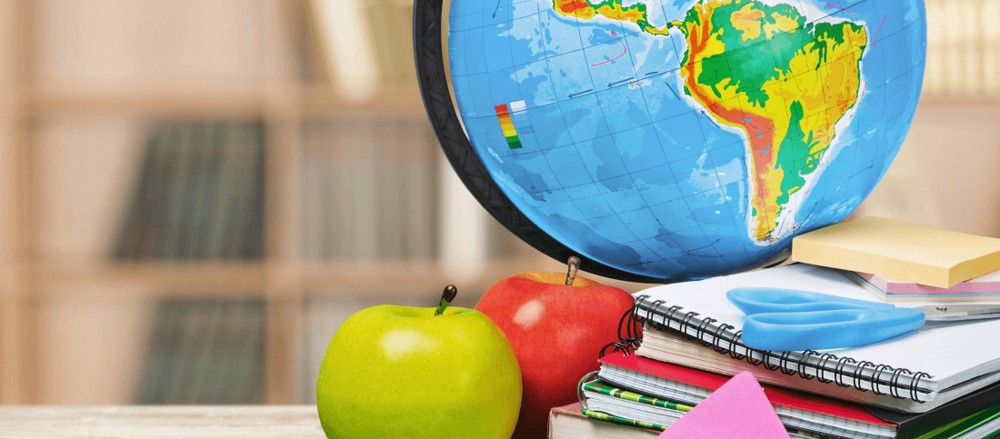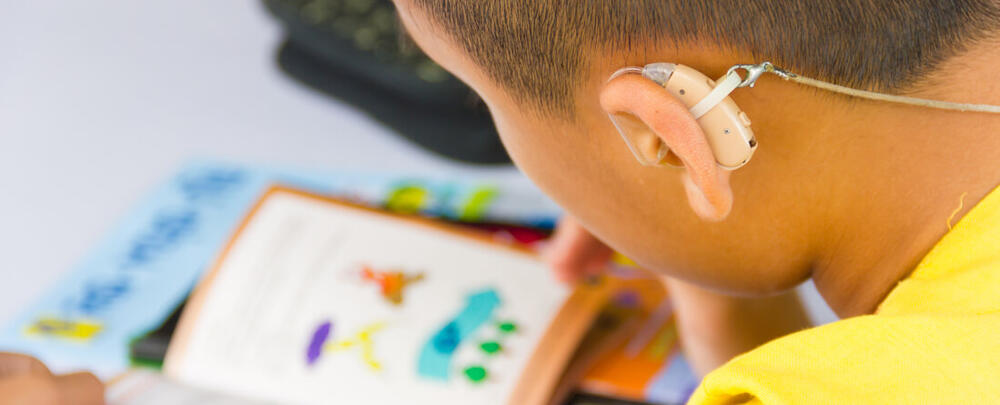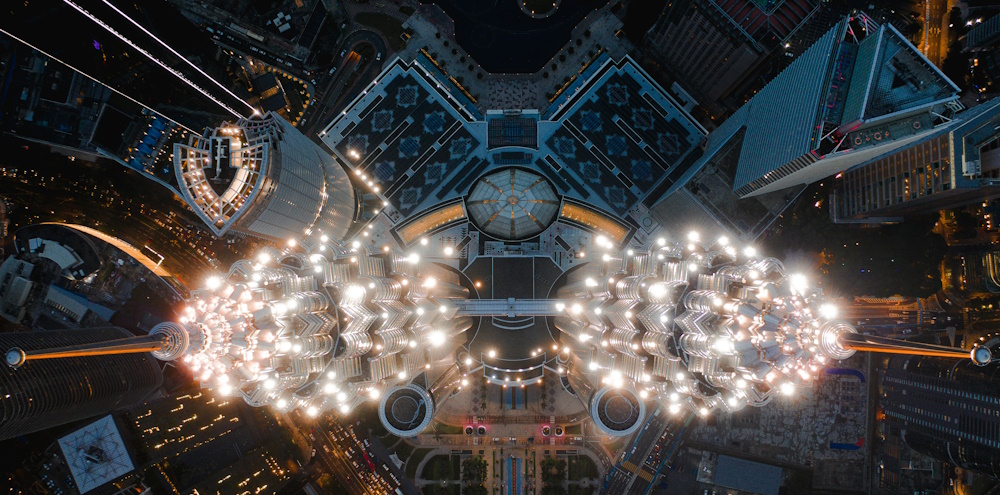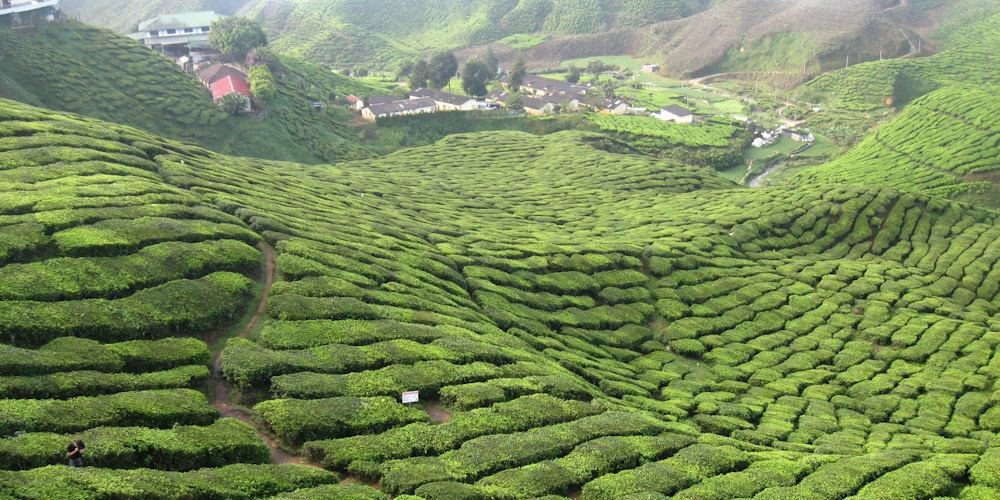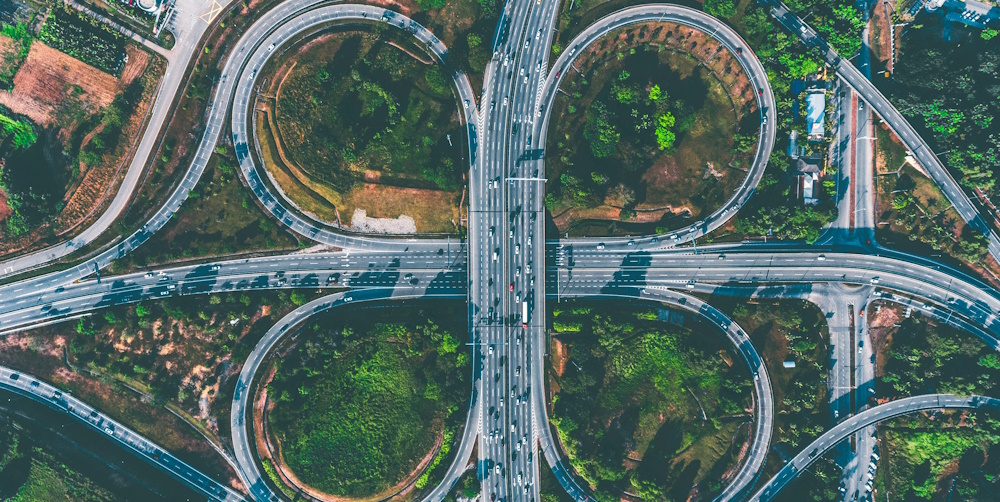Replete with bustling shopping malls, incredible restaurants, and a world-class airport, Kuala Lumpur is quickly climbing the ranks as one of Southeast Asia’s most popular expat destinations. If you’re planning on living there as an expat, you’ll find an engaging experience waiting, filled with cultural richness and modern amenities.
For all its modernity and high-tech reputation, Kuala Lumpur is a city that keeps in touch with its traditional roots. This delicate balance can be seen everywhere, especially in the city’s architecture, with its masterfully crafted mosques that sit beside majestic, towering skyscrapers.
Living in Kuala Lumpur as an expat
The city is growing more popular among expats. With a diverse array of cultures, you will be easily welcomed. Besides this, you may be attracted to the lively lifestyle in Kuala Lumpur. With large shopping centres, aromatic cuisines, and beautiful natural parks with extraordinary sights to see, the city is a melting pot of diversity and entertainment.
Kuala Lumpur is making its mark on the international business map and is a great destination if you’re looking for a dose of adventure mixed with modern conveniences and a fantastic lifestyle. Popular neighbourhoods for expats include Kuala Lumpur City Centre (KLCC), Bangsar, Damansara Heights, and Mont Kiara. Each offers unique perks, from central nightlife in KLCC to the suburban family-friendly feel of Mont Kiara.
Areas and Suburbs in Kuala Lumpur
You may find lucrative job opportunities here if you’re skilled in finance, electronics manufacturing, construction, or emerging fields like technology and healthcare. Tourism is also a highly profitable industry in the metropolis.
Housing in Kuala Lumpur comes in many shapes and sizes, from freestanding houses (bungalows) to semi-detached houses, apartments, and condominiums. These properties may be furnished or unfurnished, with the latter often not even including rails for curtains. Houses are generally affordable, but some areas may be more expensive than others, such as Damansara Heights or Mont Kiara, due to their amenities and popularity among expats.
The city has a well-developed transit system, with buses and trains connecting all areas. The Light Rail System, or LRT, services large portions of the city, making getting around highly convenient. There is also a functioning monorail system, giving you a wide variety of options for moving about. Driving in the city can be tedious due to heavy traffic, especially during peak hours, and you may find that public transport is the most viable option. Monthly passes are affordable and make commuting much easier.
Getting Around in Kuala Lumpur
With excellent healthcare infrastructure and expert staff, Kuala Lumpur is becoming something of a medical tourism destination. Public healthcare here is largely affordable, and even private healthcare won’t break the bank.
Cost of living in Kuala Lumpur
Considering the many modern conveniences, the cost of living in Kuala Lumpur is more expensive than in most other Malaysian cities. That said, when compared to other Asian cities such as neighbouring Singapore or Jakarta in Indonesia, and particularly Hong Kong, Kuala Lumpur is, in fact, rather cheap.
Although accommodation in Kuala Lumpur may cost more than elsewhere in the country, day-to-day living is generally still affordable, and you can enjoy a high standard of living. Keep in mind that rental prices in popular expat areas such as KLCC and Bangsar tend to be on the higher side, but you will also be closer to conveniences and entertainment hubs.
Families and children in Kuala Lumpur
If you’re moving with children, you will be impressed with the many high-quality international schools in the city. Due to the language barrier in public schools, many expats opt for these schools. Options in Kuala Lumpur include the Australian, American, German, and French curricula, along with the International Baccalaureate.
International schools in Kuala Lumpur also offer a broad range of extracurricular activities, from sports to the arts, fostering social interaction and a well-rounded education for children from all backgrounds. Tuition fees can vary significantly depending on the school, but the quality of education justifies the investment.
International Schools in Kuala Lumpur
As a worldwide shopping capital, Kuala Lumpur offers a lifestyle second to none, enhanced by the wonderful Malaysian cuisine the city is home to. If you need a break from the hustle and bustle of the city, there are a number of perfect weekend getaways surrounding Kuala Lumpur, not to mention the many fun family activities on offer. The Cameron Highlands and the seaside town of Malaka are popular holiday destinations, while Singapore, Bangkok, and Bali are all just a quick and cheap flight away.
Childcare options are plentiful here, with daycare centres specifically catering to expats and offering flexible hours. These services help parents manage work-life balance effectively, which can be a huge relief when settling in a new city.
Family Activities in Kuala Lumpur
Climate in Kuala Lumpur
Kuala Lumpur, like Malaysia as a whole, has a tropical climate. Monsoons bring seasonal downpours, leading to flash floods and strong gusts. The entire country has temperatures between 71°F and 91°F (22 to 33°C) throughout the year, so if you’re from a colder place, you may need to adjust. The monsoon season, which runs from May to September, can disrupt daily life, especially in areas prone to flooding.
It’s wise to be prepared for the heavy rains by ensuring proper drainage around your home and having sandbags ready if needed. Health-wise, you’ll want to take precautions against mosquito-borne illnesses like dengue fever by using repellents and keeping your surroundings clean.
In summary, Kuala Lumpur is an excellent expat destination. With a rich, welcoming culture, high standards of living, and a multitude of entertainment options, you can be sure to fit right in and live a comfortable life.
